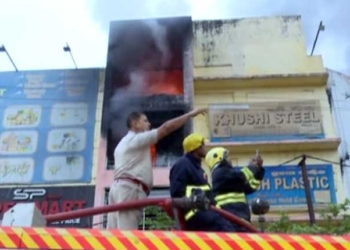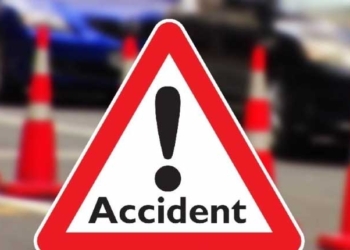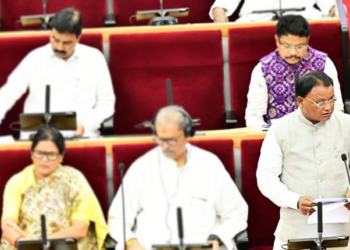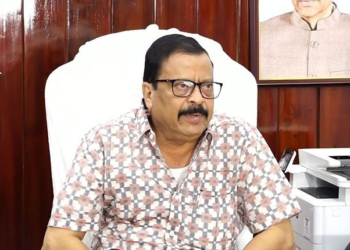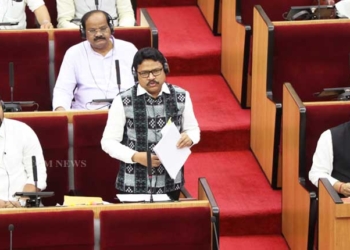Bhubaneswar: Microsoft co-founder and renowned philanthropist Bill Gates is scheduled to arrive in Bhubaneswar on February 28. During his visit to Odisha, Gates is expected to visit Krushi Bhawan and also meet Chief Minister Naveen Patnaik.
Gates, in his blog “GateNotes,” expressed his anticipation for the trip, highlighting his interest in a government programme empowering women in low-income communities. The initiative, launched in 2018, assists women in acquiring skills necessary to fulfill government construction contracts. With over 22,000 groups and 52,000 projects completed, including the construction of roads, drains, and toilets, Gates sees this program as a potential model for countries facing similar challenges.
In his blog, Gates wrote, “The programme involves comprehensive training in engineering, accounting, contract negotiation, and project planning, enabling women to actively participate in all stages of construction and maintenance.”
“During my trip, I’ll get to see India’s DPI in action. I’ll visit an agricultural monitoring center in the state of Odisha where government officials use DPI to give farmers real-time guidance. Thanks to Aadhaar, this center can maintain a registry of 7.5 million farmers — even if they don’t own land — and their crops, so officials can keep track of who is growing what (and, therefore, what kind of farming advice they need). It has also developed a chatbot that makes it easy for farmers to get the latest information about their crops, using AI to tailor content to their particular needs and in their local language.”
He further wrote, “This service’s pest-management programme now reaches more than 4 million farmers, and since it began in 2018, the volume of crops that participating farmers lose to pests every year has dropped by 90 per cent. Now others — including other states in India as well as Ethiopia, Sri Lanka, and the World Bank — are looking to learn from Odisha’s experience with this service as well as its biometric ID and digital payments systems.”
I’m also looking forward to learning more about how India is addressing urban poverty, especially among women. It has one of the fastest-growing urban populations in the world, and more than 100 million people there live in slums, where it’s hard and often impossible to get even basic services like health, education, and clean water. Women are particularly vulnerable because they face discrimination and violence.






